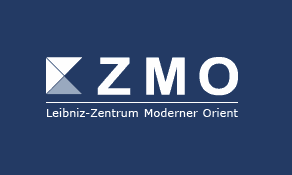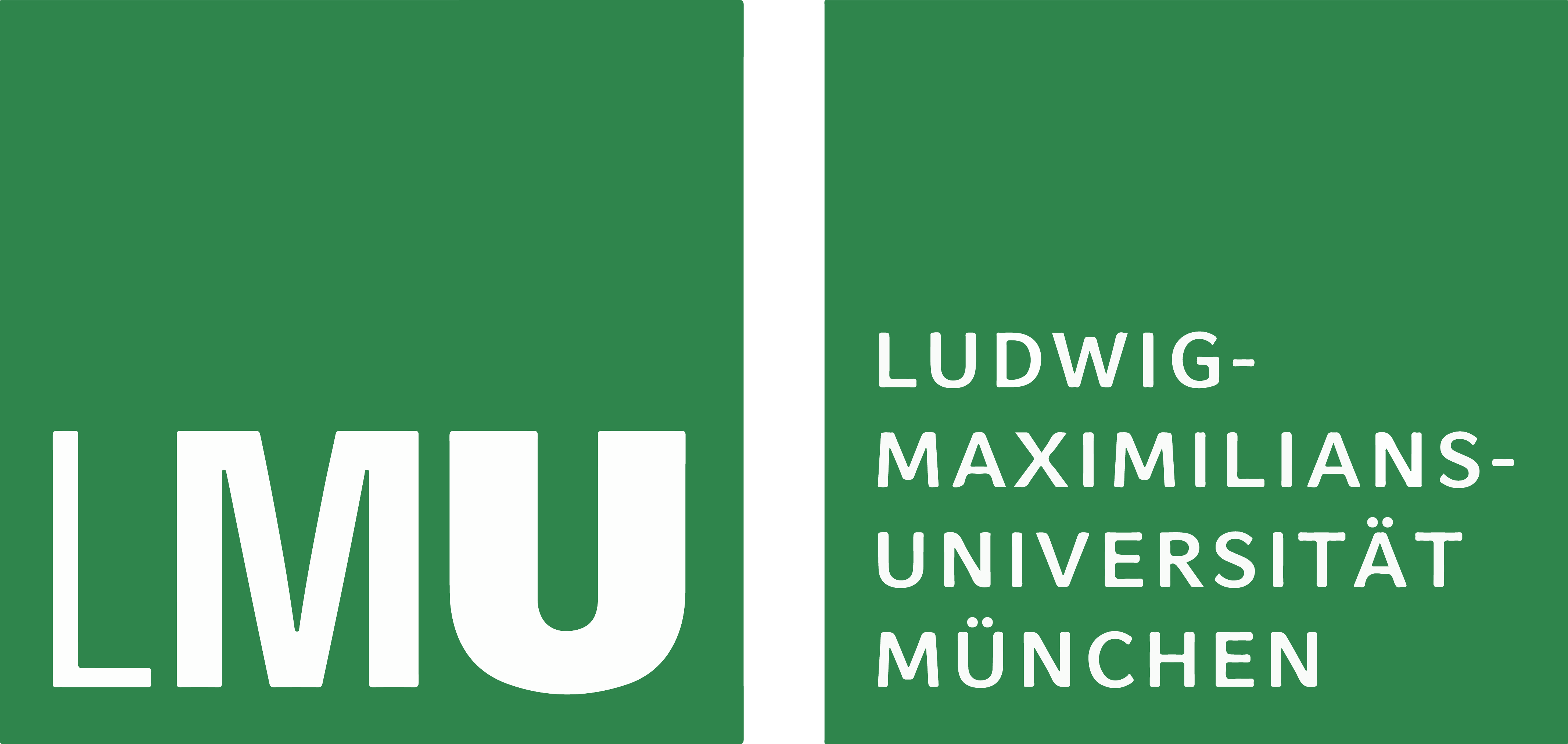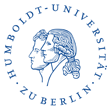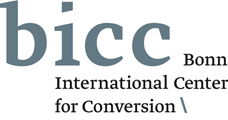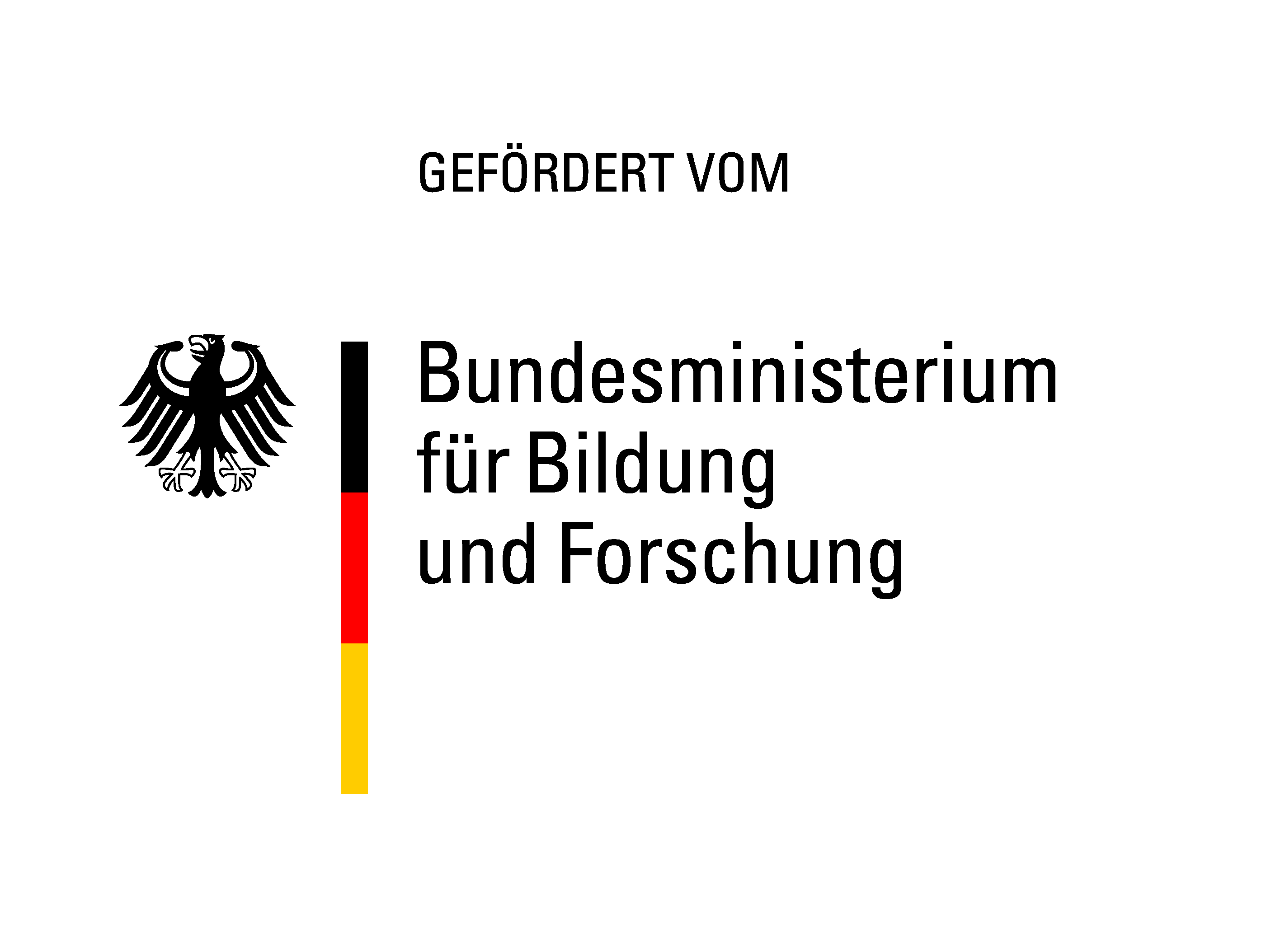New forms of solidarity and interest representation in Nangarhar Province (Afghanistan)
Crossroads Asia Lecture by Wali Mohammad Kandiwal, Monday, 19 October 2015 in Berlin
The lecture will start at 6pm c.t. at Humboldt University Berlin, Invalidenstraße 118, 5. OG, Room 507
Wali Mohammad Kandiwal holds an MA in “Advanced Studies in Humanitarian Action” from the Center for Education and Research in Humanitarian Action – CERAH (a joint center of University of Geneva and
Graduate Institute of Geneva, Geneva, Switzerland) and a BA in “Law and Political Science” from the University of Aryana, Jalalabad City, Afghanistan.
Abstract of the lecture:
Afghanistan has often been described as a pre-modern or inward-looking society with strong tribal structures and a traditional mode of organization and leadership based on institutions like kinship, Jirga, Khan, and Malik. Features of traditional organization and leadership have been discussed by different scholars as the most important sources for solidarity, justice, and interest representation. Taking the example of two informal settlements in Nangarhar province, this presentation will argue that kinship has come to be replaced by other forms of solidarity mechanisms. They are evident, for example, in newly formed interest representation bodies (shura) and practices which suggest that traditional modes of organization and interest representation do not work in all contexts.
Find the invitation to the lecture here.

